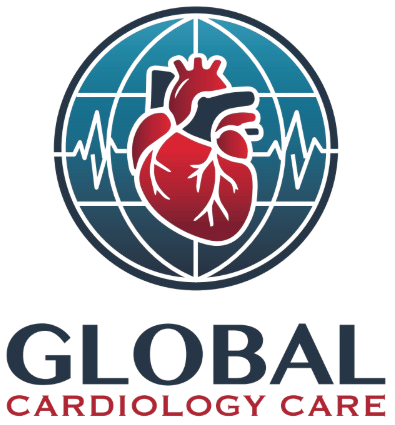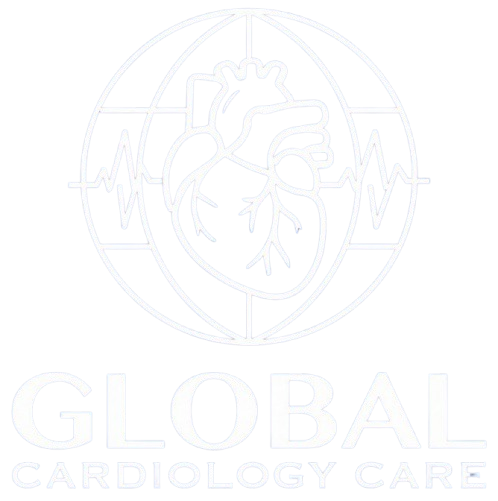Introduction
If you’ve been diagnosed with an arrhythmia such as atrial fibrillation (AFib), you may have
heard about catheter ablation as a treatment option. This minimally invasive procedure can
provide long-lasting relief from irregular heart rhythms, often reducing or eliminating the need for
medications. Here’s what you need to know.
What Is Catheter Ablation?
Catheter ablation is a procedure that treats arrhythmias by destroying the small areas of heart
tissue that cause abnormal electrical signals. Using a thin, flexible catheter inserted through a
vein (usually in the groin), the electrophysiologist delivers energy—either radiofrequency or
cryoablation—to correct the problem.
When Is Catheter Ablation Recommended?
Your electrophysiologist may recommend ablation if:
● You have AFib or other arrhythmias that don’t respond well to medication
● You experience supraventricular tachycardia (SVT) or atrial flutter
● You want a more permanent solution than long-term drug therapy
● You’ve had side effects from antiarrhythmic medications
Common Myths and Facts About Ablation
● Myth: “Ablation is risky.”
Fact: It’s generally safe with a low complication rate, especially in experienced hands.
● Myth: “The procedure is painful.”
Fact: It’s done under sedation or anesthesia, and most patients feel little to no
discomfort.
● Myth: “I’ll still need medication forever.”
Fact: Many patients reduce or stop medications after successful ablation.
Success Rates and Recovery
Depending on the type of arrhythmia, catheter ablation can have success rates of 70% to
90%. Most patients go home the same day or after a short overnight stay. Recovery typically
includes:
● Mild soreness at the catheter site
● Limited activity for a few days
● Follow-up with your electrophysiologist for progress checks
Conclusion
Catheter ablation offers an effective and often permanent solution for people living with heart
rhythm disorders. It can significantly improve your quality of life and reduce your risk of stroke or
other complications related to AFib and other arrhythmias.
If you’re considering catheter ablation or want to learn more about your options, contact our
cardiac electrophysiology team today to schedule your personalized consultation.




